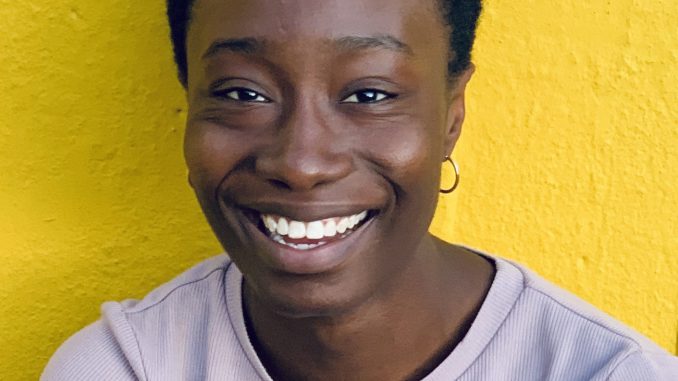Strand Campus
Strand Campus feels like the heart of London—historic yet buzzing with energy. Nestled by the Thames, it offers world-class academics, vibrant student life, and endless inspiration from the city’s culture and diversity.
Please note the course details including entry requirements and application deadlines apply to 2024 entry. Fees supplied apply to students entering King's in 2025. Details for 2025 entry will be published shortly, please check back for more details in the coming weeks.
Our Physics with Astrophysics and Cosmology integrated master’s course provides a robust foundation in fundamental aspects of physics, astrophysics and cosmology. You’ll explore topics including special and general relativity, quantum mechanics, fields and waves, the physics of planets, stars, galaxies and the universe. You’ll also be trained in key analytical and practical skills such as problem-solving, creative thinking, team work and data analysis, preparing you for a wide-range of future-facing careers.
You'll join a friendly and supportive department, learning from internationally renowned scientists, including those with links to the Large Hadron Collider at CERN, the LIGO gravitational wave observatory and the European Space Agency’s exoplanet exploration project.
In your first two years, you'll sample core physics fields and develop experimental techniques through integrated lab work. Your third and fourth years involve applying your knowledge and skills to complex astrophysics or cosmology related projects, and providing you with crucial employability skills.
Accreditation
All our physics degrees are accredited by the Institute of Physics (IOP). Graduates of accredited degrees are recognised by the IOP as meeting the academic requirements for membership and professional qualifications like Chartered Physicist (CPhys).
You also have the opportunity to transfer to the Study Abroad pathway and spend an additional year at a partner institution before returning to King’s to complete your studies. This depends on you reaching a certain grade average and being accepted by a partner university.

The lecturers are incredibly passionate and friendly people. They really care and it makes learning from them enjoyable as you can feed off their passion.

Physics has been studied and taught at King's since its foundation in 1829 with many distinguished physicists, including Nobel Laureates, joining our ranks over the last 200 years. Today, physicists at King's are probing the nature of dark matter, understanding the quantum properties of black holes, and developing innovative technologies and materials exploiting the law of physics.
The MSci course will give you a strong foundation across the key areas of modern physics whilst enabling you to specialise, with one quarter of the course focused on astrophysics and cosmology. You will study subjects such as relativity, quantum mechanics, nuclear and particle physics, stellar and galactic evolution and structure, exploring unsolved problems such as the nature of dark matter and dark energy.
Our course emphasises applied learning and skills acquisition through individual and group project work, with the option of taking a group project from your second year and more in-depth projects in your third and fourth year. In your third year, you can choose to tackle a real-world problem with a research group in physics, including working with data from the King’s telescope or from external observatories such as the Hyper-Kamiokande neutrino detector, which King’s has links with.
In your fourth year, you get to choose from a huge array of modules from the physics department, the mathematics department and Royal Holloway. You will then spend up to six months tackling a more advanced project of your choice, undertaking independent research and applying advanced knowledge from your four years of study. Covering a huge range of theoretical and experimental problems, previous projects have explored everything from black holes and gravitational waves, to quantum computing, nanoparticles and quantum dots.
Problem solving and project work is an important part of this course, and you will learn about team work, group organisation, and the skills of oral and poster presentations. You will be assigned a personal tutor to support your development and the department encourages an atmosphere in which students feel able to easily approach academic staff. Our Student-Staff Liaison Committee provides a forum for the exchange of ideas and feedback on teaching.
Course type:
Joint honours
Delivery mode:
In person
Study mode:
Full time
Required A-Levels:
AAA
Duration:
4 years
Application status:
Open
Start date:
September 2026
Application deadline:
07 December 2025

King's College London and Affiliates
Strand Campus feels like the heart of London—historic yet buzzing with energy. Nestled by the Thames, it offers world-class academics, vibrant student life, and endless inspiration from the city’s culture and diversity.